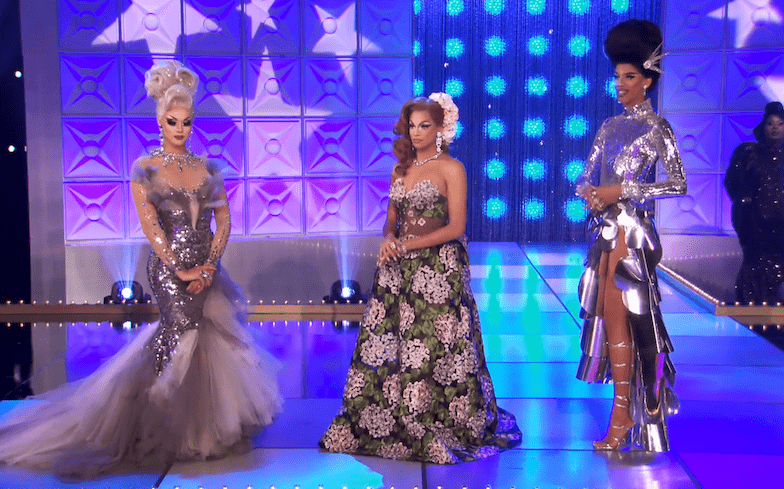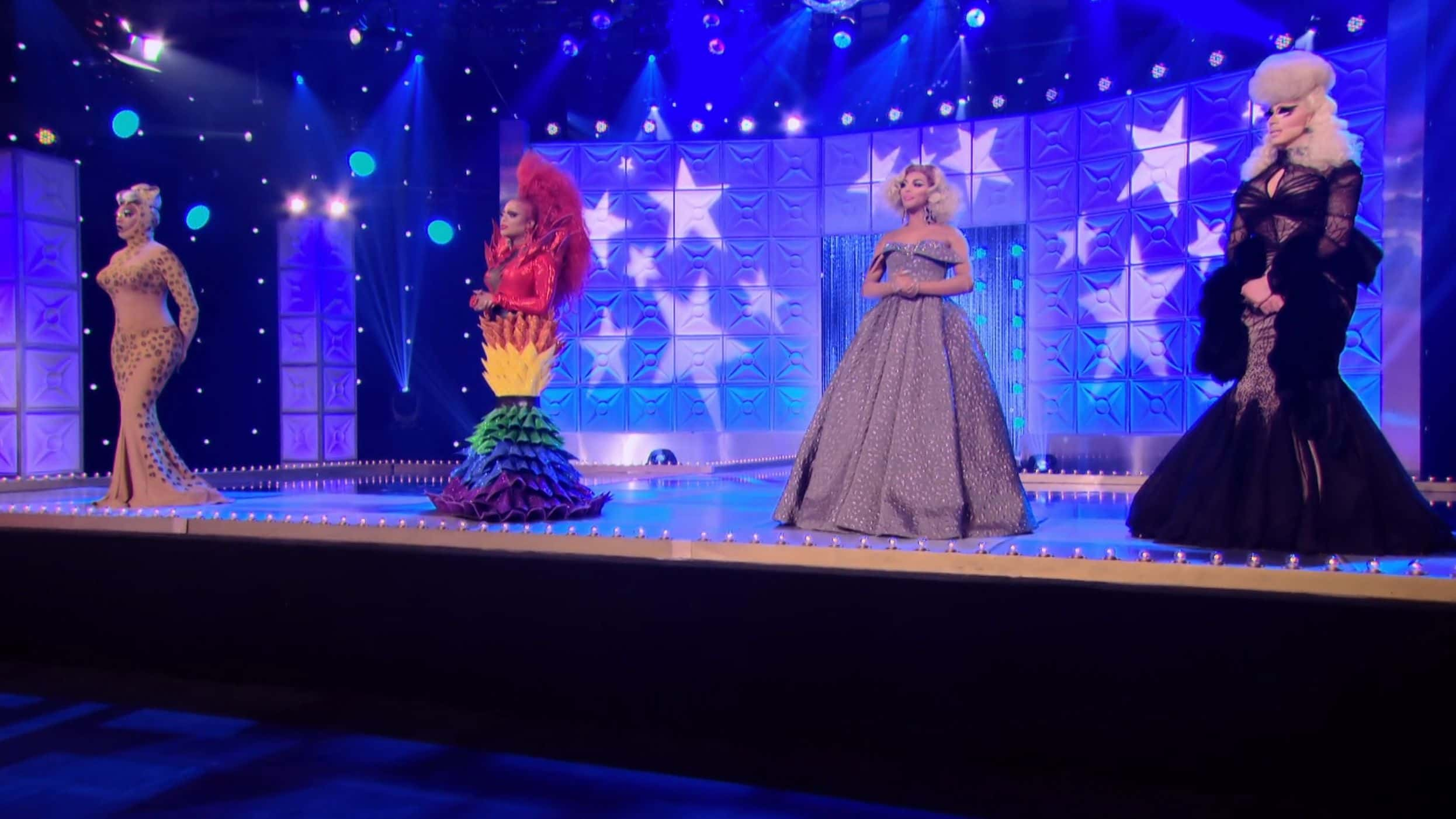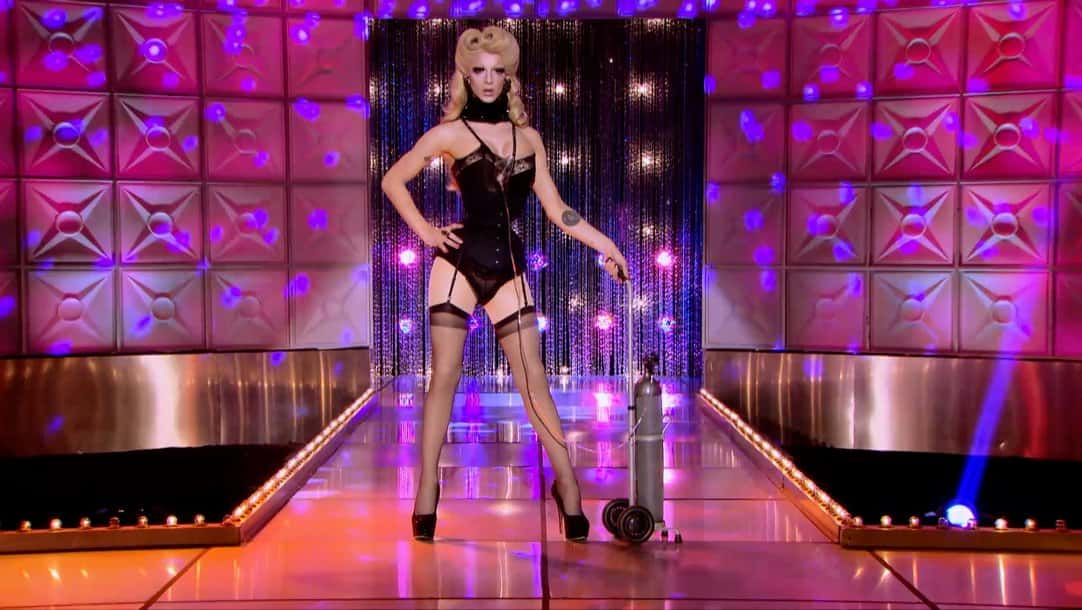Author: Evan Tribelhorn
Photo courtesy of Logo/VH1
While sitting down to write this month’s column I initially set out to write out something completely different than what I ended up doing. With the finale of RuPaul’s Drag Race: All Stars airing at the end of this week, quickly followed by season 11 at the end of this month, I keep seeing articles about the “Golden Age” of drag in American culture. Part of me really wants to agree, seeing the fact that a show about drag queens has become so viable it’s led to a Viceland show, a recently announced TLC series, countless albums, and international tours. Drag is rapidly becoming more mainstream throughout various media platforms, however that kind of success just isn’t being replicated in person.

Drag Race has pushed drag into popular culture, and I don’t want to discredit it for introducing millions of people to drag, but the kind of drag it’s presenting is setting an almost unattainable goal. This is particularly noticeable on the All Stars seasons, in which every queen walks the runway each week in custom made gowns, hair, and accessories that quickly add up to a couple thousand dollars. On top of that, in recent seasons there has been a deliberate push from production to switch away from more comedy-oriented queens to prettier, look-based queens.

This version of drag is what most people are seeing, and what they’ve come to expect from any and all drag queens. It’s put local queens in an awkward spot, in which they are being judged by audiences to the degree contestants on the show are. It’s also incredibly difficult for newer queens on the scene in any given town to start out when it’s almost become a requirement to spend hundreds on looks that they might only wear a couple of times.

While I don’t want to discredit Drag Race for all that it’s done, I’m just hesitant to call right now the “golden age” of drag, particularly considering how much transphobic and sexist gatekeeping go into the production of it all. This “golden age” is more so named after the halo cast by RuPaul’s signature hair rather than something that benefits every drag artist. Drag itself is certainly on an upswing in American culture, but I know it’s not the best it can be.
EVAN TRIBELHORN | KXSU Arts Reporter
